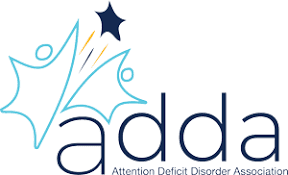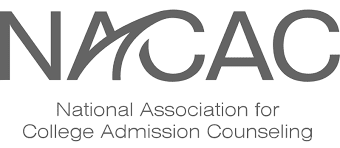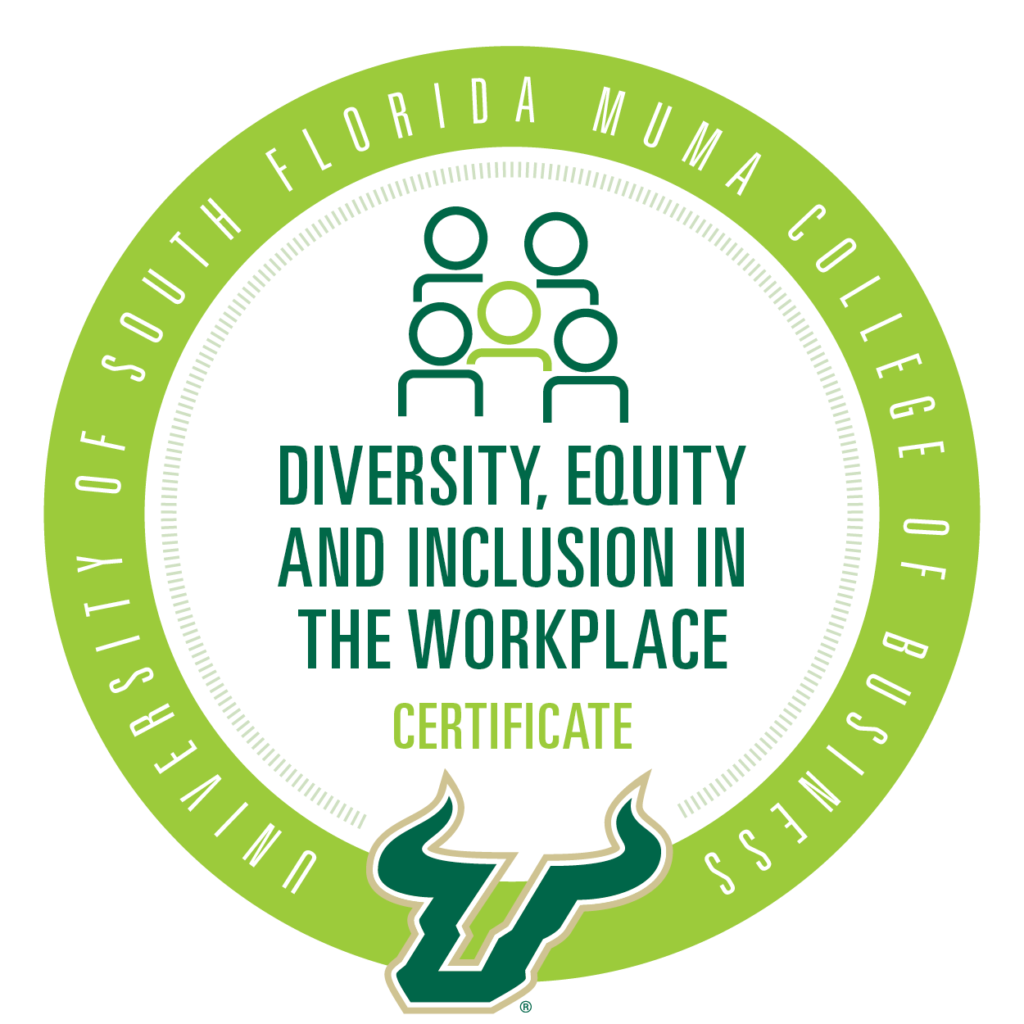The college search process can already be a daunting task for most young adults, but include the added consideration of being LGBTQIA and the task can become even more overwhelming.
For many students, college is a time to discover yourself now that you have more freedom. College should be a place for you to explore who you are and who you want to become without feeling hindered by your surroundings.
So, for LGBTQIA students, there is an extra level of research that must be done to ensure that you make the best and most inclusive decision for yourself.
Some Definitions
Let’s begin by defining what each of the letters in the acronym LGBTQIA stand for:
L: Lesbain- Same gender attraction, usually in reference to women
G: Gay- same gender attraction, usually in reference to men
B: Bisexual- being attracted to those of the same and other genders
T: Transgender- those who identify with a different sex than what they were assigned at birth.
Q: Queer or Questioning- queer is an all encompassing term to include any sexual orientation that falls outisde of the common identities of heterosexual. Questioning is exactly what it sounds like, exploring all parts of their identity.
I: Intersex- used as an adjective or a noun to describe those who have a combination of what are typically considered male and female sex traits.
A: Asexual or ally- Asexual is someone who does not experience sexual attraction or does not associate with a sexual orientation. An ally is a person who is heterosexual or cisgender but who advocates for and supports gender equality, civil rights, and LGBT social movements.
All of these identifiers, as well as others, can cause issues when choosing a college to attend.
Things to Consider
So what things should you be looking at and considering when researching colleges? Here are some questions that you should look for the answer to before committing or maybe even before applying to a specific college.
- Do they offer gender inclusive housing?
Gender inclusive housing is a housing option in which roommates of differing gender identities or sexual orientation can choose and agree to room together.
- Is the college health office prepared to handle concerns specific to the LGBTQIA community?
Ask about health care providers on campus who have been educated on inclusivity, non-discrimination policies, and LGBTQIA health concerns, behaviors, habits, and perceptions.
- When do you disclose?
Some colleges are now asking about LGBTQIA identification on applications. If this is not part of the application, ask about when or if you ever need to disclose this information to the school.
- What if your parent(s) or guardian(s) don’t know?
Some students choose not to disclose their identity to their parents. If this is something that you want to remain private from your guardian, make sure that there will be no mention of your identity on any profile or information that they may have access to.
- Are you using an IEC to assist you?
IEC stands for Independent Education Consultant. This consultant is knowledgeable in educational opportunities offered at schools and colleges.
- If using an IEC, do they know how you identify?
If using the services of an IEC, they may be able to serve you better by knowing how you identify. They will be able to properly help you seek out and search for schools that not only talk the talk of inclusivity but also walk the walk.
Difficulties that May be Faced
When researching colleges there are several things that you need to be familiar with. First, make sure that you have read and understand federal and state anti-discrimination laws as well as campus ordinances. These things are important to know so that you know the legal rights you have and how to potentially handle issues if they arise for you.
There are several other areas of difficulty that may arise as an LGBTQIA in a college environment.
Harassment
Many may think that bullying and teasing may lessen or stop after high school, but it can still be a difficulty in college as well. This can include not only verbal harassment but also physical or sexual harassment.
Isolation
Many college students can feel lonely or isolated when transitioning away from home and this rings especially true for those identifying as LGBTQIA. Seek out LGBTQIA clubs, programs, or associations to help combat these feelings. Also, check with the college’s health center for counseling services.
The feeling of isolation can be strongest in particular for those who have been disowned by their families or guardians.
Housing Discrimination
While many colleges are now offering a variety of housing options, this is not the case at every college. Transgender students in particuar may see or experience this discrimination. This may mean that LGBTQIA students are not given the option of housing that best suits their identification.
These are several generic difficulties that LGBTQIA students may face in college. That being said, many colleges are making bigger strides towards equality and support for LGBTQIA students. Many colleges offer more resources, including financial aid and housing.
In your search, check to see that the college has a LGBTQIA resource center. When seeking information from the school, talk with the Dean of Students, the student services center, or the on-campus counseling center.
Finding the Right Fit
Don’t hesitate to ask administration, counselors, or other students questions when you are interviewing or visiting campuses. Check reviews and recommendations before even researching some schools. Campus Pride is one online resource for LGBTQIA students to check for the top ranked inclusive colleges in the nation.
In the end, finding the right college comes down to finding a place that you feel most comfortable in.
Resources:
https://www.unigo.com/admissions-advice/what-are-some-current-issues-facing-lgbt-college-students
https://files.eric.ed.gov/fulltext/EJ992995.pdf
https://www.mykidisgay.com/blog/defining-lgbtqia
https://lgbtqia.ucdavis.edu/educated/glossary
https://www.acha.org/ACHA/Resources/Topics/LGBTQ.aspx
https://wislgbtchamber.com/memberprofiles/college-connectors/
https://www.bestcolleges.com/resources/lgbtq-student-guide/








